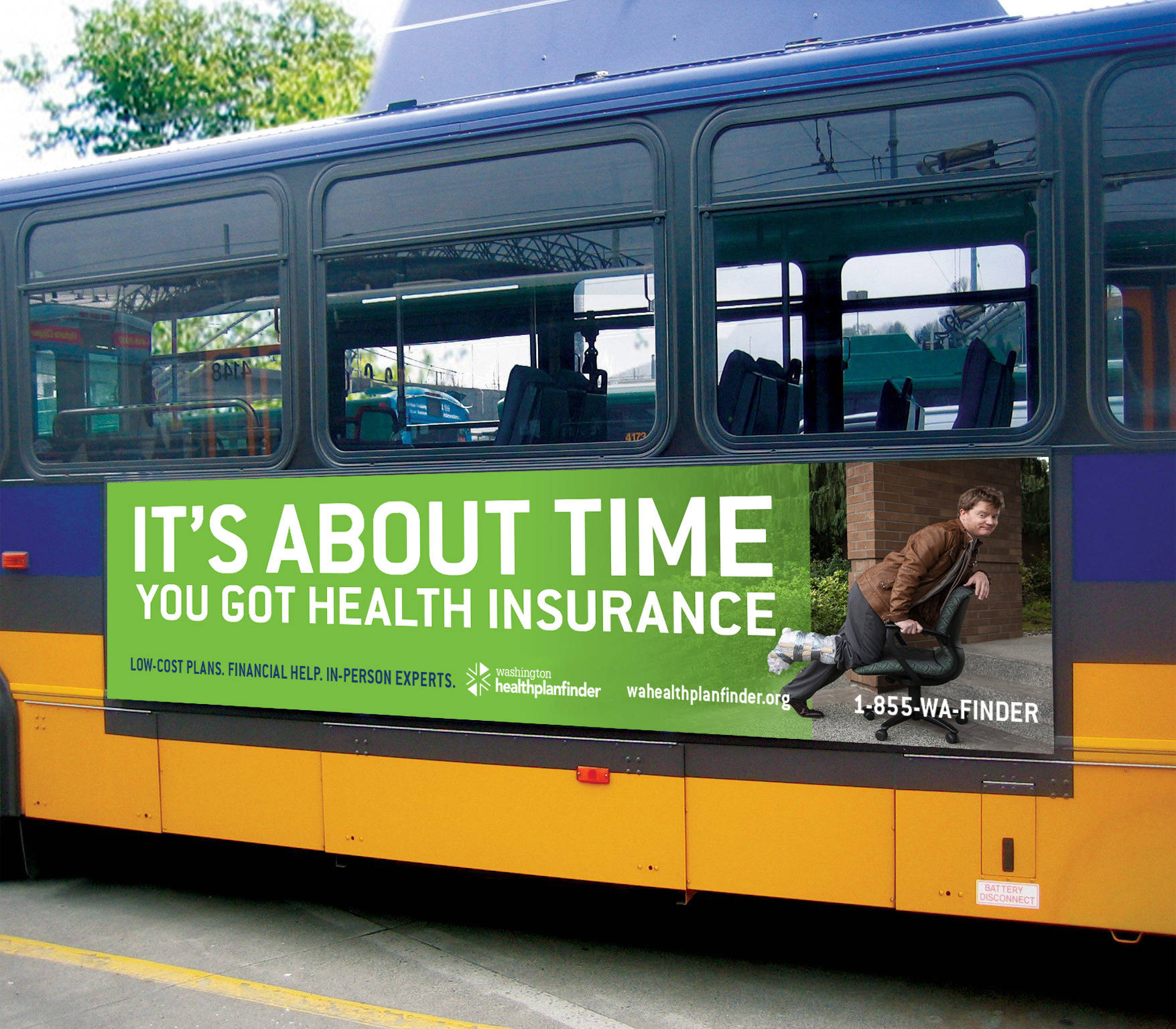Residents in Seattle, King County, and Washington will soon be able to enroll in low-priced health-insurance plans on the state’s exchange, Washington Healthplanfinder, starting Nov. 1. However, the enrollment period lasts only until Dec. 15—the shortest duration since the system launched in 2013.
The limited window to access the state health-insurance exchange is a result of policy changes made by the Trump administration that critics claim are collectively undermining the landmark health-insurance reform legislation (formally known as the Affordable Care Act) that former President Barack Obama signed into law in 2010.
In addition to supporting the failed attempt by Congressional Republicans to fully repeal the system in 2017, Trump signed the controversial 2017 Republican tax reform bill that eliminated the individual mandate—the requirement that everyone have health insurance or pay a fine—and his administration has slashed federal subsidies for cost-sharing payments to help cover low-income people on the health exchanges.
Additionally, the Trump administration has cut funding for advertising health-exchange enrollment periods, meaning that it’s largely up to states to find the money for informing people about either their own state-run health-insurance exchanges or the federal equivalent.
King County officials are not shy about using the shortened enrollment period to take aim at the Trump administration. “Instead of making refinements and improvements, the Trump administration and congressional Republicans took aim at the [Affordable Care Act] and repeatedly tried to repeal it,” King County Executive Dow Constantine said in a press release. “Now in Year Six, the administration is still dragging its feet. This year’s open enrollment period is the shortest ever—just six weeks.”
While the Affordable Care Act does allow for a minimum six-week enrollment period, when the state and federal exchanges first launched in 2013, the Obama administration expanded the period to give people more time to get acquainted with the system.
https://spi.newsengin.com/gps2/uploads/14176818/10-29-at-5.10.21-PM-copy.jpg
Stephanie Marquis, a spokesperson for the Washington state Office of the Insurance Commissioner, said that in the early years of the exchanges, the period extended through January. “Even last year, it went through January 13. So we lost basically 30 days,” she said.
King County officials argue that without accompanying funding for boosting advertising for the enrollment period, the Trump administration is, yet again, undermining the system at peoples’ expense. “The Trump Administration has moved to shorten the window. That is their choice. It puts the folks doing enrollment assistance in a more challenging position,” King County Public Health spokesperson James Apa wrote in an email. “If you shorten the window, you should expand the outreach and advertising. But the administration has chosen to do the opposite—to drastically reduce funding for outreach and advertising at the same time they are shortening the window.”
To compensate, King County Public Health is moving to advertise this year’s enrollment period, engage communities with populations that are eligible for subsidized insurance through the state exchange, and ultimately get people covered. For instance, officials are holding community events throughout the county where people can get personal help signing up for a plan on the exchange. King County has received some of the state health exchange’s $3 million that goes out to agencies across the state to help promote enrollment, and the county and has also invested some of its own funds in outreach.
The countywide uninsured rate is at roughly 7 percent. Data cited by county officials shows that the number of ZIP codes in the county with few to no uninsured adults has decreased dramatically since 2010—the year the Affordable Care Act was passed.
“We’re rolling up our sleeves and getting the word out that there are 20 plans to choose from [in King County],” Constantine said. “Our message is simple: Get health insurance, now is the time, and we’ll make it easy.”
Michael Marchand, chief marketing officer for the Washington state health exchange, contests the notion that the shortened enrollment period is actually that harmful. “The funny thing about the ‘shortened enrollment period,’ that’s the period defined by the ACA. That’s what the period has always been. So it’s not really shortened, it’s just that in the past people erred on the side of caution and used longer enrollments,” Marchand said. “It was never intended to be punitive. It’s shorter, it is what it is.”
He added: “Is it going to be a severe detriment to our effort? Absolutely not.”
Similarly, officials at the Office of the Insurance Commissioner place more emphasis on the impact of other policy changes at the federal level, such as the repeal of the individual mandate, which will go into effect in 2019. The argument is that if there is no financial penalty to keep younger, healthier, and low-cost people in the insurance market, then insurance providers will have less incentive to keep rates low for people requiring higher-cost health care.
On Oct. 29, the Office of the Insurance Commissioner announced that while all 39 counties in the state will have at least one provider on the state exchange in 2019, health insurance rates will increase by an average of 13.57 percent.
In a press release, Insurance Commissioner Mike Kreidler blamed both President Trump and Congressional Republicans for the volatility. “Unfortunately, the Trump administration is focused on sowing uncertainty in the insurance markets and insurers are reacting,” Kreidler said. “In addition, his administration and Congress have failed to address the underlying costs of health care in this country and until they do, individuals and businesses buying health insurance will be impacted.”
In contrast to the rules governing the state health exchange, enrollment is offered year-round for individuals and families with lower incomes that qualify for Medicaid.


